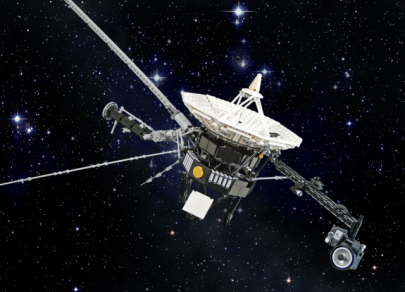FX.co ★ Eight most important scientific events of 2018
Eight most important scientific events of 2018
Changes in gene expression after being in space
In March 2018, the NASA space agency reported a surprising discovery: over the time spent in space, the expression of some genes changes. Although changes in gene expression during space flight are not uncommon, scientists believe that 7 percent of them are permanent. The researchers learned that spaceflight is associated with oxygen-deprivation stress, increased inflammation and dramatic nutrient shifts that affect gene expression.

Gene control of aging in mice
In a study published in March 2018, a team of researchers from Boston reported that they found a molecule that essentially reactivates faltering blood flow in aging mice. Aging in mammals is associated with the NAD molecule, whose activity decreases with age which leads to diseases. Increased NAD levels in aged mice were provided by a nutritional supplement. As a result, the cells were rejuvenated, and the subjects' health improved. Scientists plan to hold similar tests with people.

Creating a hybrid for growing human organs
In February of this year, scientists announced the creation of sheep embryos which are 0.01% composed of human cells. This was the second successful development of a hybrid of man and animal. The first one was obtained in 2017 when embryos from pig and human cells were created. Scientists hope that working with hybrids of humans and animals will help in creating a way to grow human organs in the laboratory.
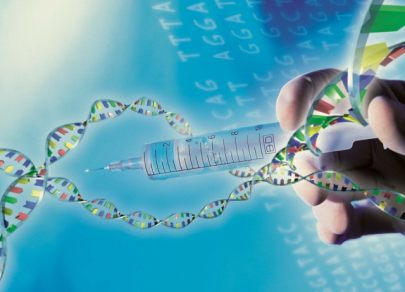
Determining the source of high-energy neutrino
In July 2018, scientists published a study describing the location of the neutrino source, or "ghost particles." Neutrinos are subatomic massless particles no larger than an electron. They can travel through the universe, and they are very difficult to find. In September 2017, astronomers were able to register high-energy neutrinos and determine their origin. Scientists believe that the particles will help unravel the mysteries of the cosmos and the past of the universe. It is possible that this will change the fundamental ideas about physics.
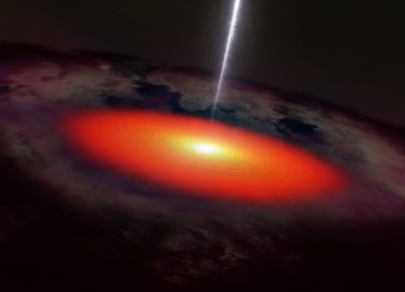
Creating nanorobots that kills cancer cells
In February 2018, it became known about a serious breakthrough in the development of cancer-fighting nanorobots. During tests, human cancer cells were injected into a mouse to induce aggressive tumor growth, and the robots were able to find and cut them off from the source of blood. As a result, the abnormal cells died. The rest of the cells did not hurt. Scientists hope that such nanorobots will help in the treatment of cancer patients.
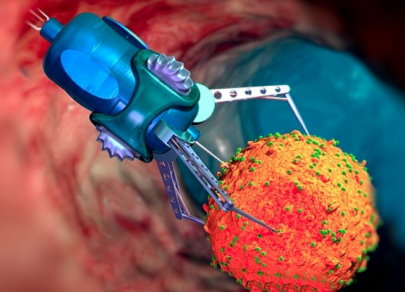
Water detection on Mars
For a long time, scientists have tried to find signs of liquid water on Mars. In July 2018, the Italian Space Agency announced that researchers were able to find an underground lake on Mars. The huge body of water exists about one mile beneath the southern Martian ice cap. Its width is 20 km, and it is located at a depth of about one and a half kilometers. A unique discovery increases the chances of finding the simplest forms of life on the planet.
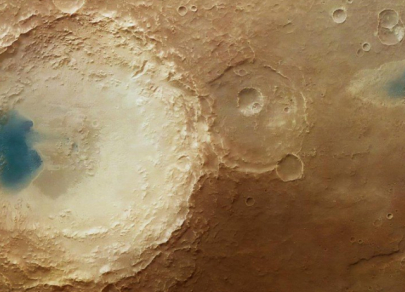
Successful Mars InSight landing
The InSight module went to the Red Planet in May 2018. This was NASA's first interplanetary launch from the West Coast. In November, it landed on the Martian surface. It was the first successful landing on Mars since August 2012. The next two terrestrial years, InSight will probe the surface and the interior of Mars. For this, the module uses a thermal probe capable of sinking into the earth for five meters, and a set of three seismometers that will track the fall of meteorites and the fluctuations of the soil.
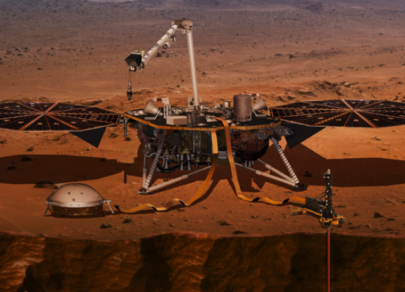
Voyager 2 probe entering interstellar space
The Voyager 2 spacecraft, which began its mission in 1977, has been explored the solar system for 40 years. This is the only probe that has studied Neptune and Uranus. At the end of its mission, the device flew to the border of the solar system. In December of this year, NASA reported that a month earlier, Voyager 2 had entered interstellar space becoming the second device to leave the solar system. The first interstellar traveler is the Voyager 1 spacecraft.
